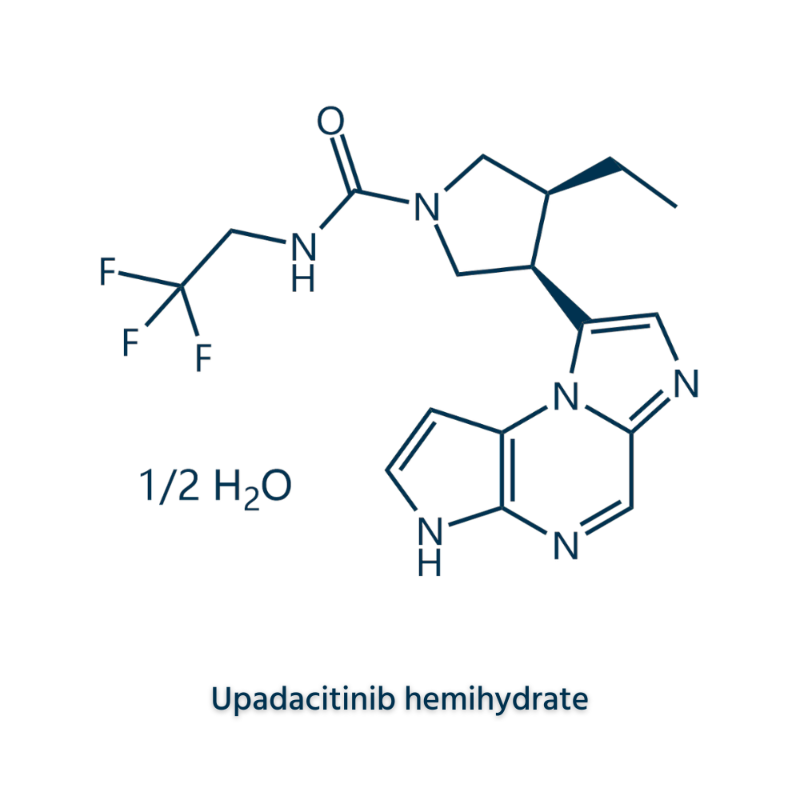-
Categories
-
Pharmaceutical Intermediates
-
Active Pharmaceutical Ingredients
-
Food Additives
- Industrial Coatings
- Agrochemicals
- Dyes and Pigments
- Surfactant
- Flavors and Fragrances
- Chemical Reagents
- Catalyst and Auxiliary
- Natural Products
- Inorganic Chemistry
-
Organic Chemistry
-
Biochemical Engineering
- Analytical Chemistry
-
Cosmetic Ingredient
- Water Treatment Chemical
-
Pharmaceutical Intermediates
Promotion
ECHEMI Mall
Wholesale
Weekly Price
Exhibition
News
-
Trade Service
Primary drug resistance, visceral metastasis are the factors of poor prognosis of HR-HER2-advanced breast cancer, and are also difficult to overcome in individual endocrine therapyPrevious studies have confirmed the efficacy of fluorovirs in advanced endocrine therapy, which is combined with the strongof CDK4/6 inhibitors (CDK4/6i), providing new treatment strategies for such patientsAt the 2020 ASCO Conference, key Phase III studies such as MONARCH-2, MONALEESA-7 and MONALEESA-3 further reported subgroup analysis data, and again observed evidence of survival benefits for fluorovis group and CDK4/6i first-line therapy and visceral transfer populationProfessor Li Huiping of Peking University Oncology Hospital shared the research with us as followsfluorovis group and CDK4/6 inhibitors - new evidencein the late stages of endocrine-resistant populations
Monarch-2 is a global multicenter, double-blind, randomized, controlled clinical trial designed to evaluate the efficacy and safety of hr-her2-advanced breast cancer treatment in the fluorovis groupThe patients in the group included premenopausal, perimenopausal and postmenopausal, and were both primary or secondary endocrine therapy resistant (first-line: relapse within 1 year of new or assisted endocrine therapy; second-line: advanced first-line endocrine therapy progression), and had not received chemotherapy for advanced diseasesData reported by the 2019 ESMO Conference show that combining CDK4/6i on the basis of fluorovis groups can significantly improve PFS in patients (16.9 vs 9.3 months; HR, 0.553; 95% CI 0.449-0.681; P.001) and OS (46.7 vs 37.3 months; HR 0.757, 95% CI 0.606 to 0.945, P-0.0137)the 2020 ASCO Conference further reported on the subgroup analysis of the MONARCH-2 study (summary number: 1061)The results showed that the PFS (P-0.341) and OS (P-0.265) were consistent in the use of pfavis and OS (P-0.265) in the treatment of the previously endocrine-resistant population, whether applied on the first line (n?265/133) or in the second-line (n-170/86)In first-line therapy, PFS (HR 0.57,95% CI 0.45 to 0.73) and OS (HR 0.85, 95% CI 0.64 to 1.14) were observed in the first-line treatmentThe second-line treatment of fluorovis group and CDK4/6i also benefited from similar results (PFS: HR 0.48, 95% CI 0.36 to 0.64; OS:HR 0.66, 95% CI 0.46 to 0.94)in addition, patients with adverse prognostic factors were also significantly observed in the first-line treatment population, such as primary endocrine resistance (PFS: HR 0.40, 95% CI 0.26 to 0.63; OS: HR 0.58, 95% CI 0.35 to 0.97) and visceral metastasis (PFS: HR 0.54, 95% CI 0.39 to 0.73; OS: HR 0.82, 95% CI 0.57 to 1.17) patients the subgroup analysis showed that the combination of CDK4/6i first-line and second-line treatment of previous endocrine-resistant HR/HER2-late breast cancer patients can significantly improve the patient PFS and OS; New data on advanced liver metastasis fluorovisgroup and CDK4/6 inhibitors
Two other phase III studies of CDK4/6i joint endocrine therapy - MONALEESA-7 (ML-7) and MONALEESA-3 (ML-7) -- also reported OS benefits at last year's ASCO and ESMO conferences (ML-3:HR 0.72, P-0.00455; ML-7:HR 0.71, P-0.00973), the former is CDK4/6i-Gosherrin-TAM/AI for first-line treatment in premenopausal, permenopausal patients (including new auxiliary or assisted endocrine therapy progression, or 1L chemotherapy), the latter is CDK4/6i-fluorovirvegroup for first-line or second-line treatment in postmenopausal patients (?1L) Previous studies have shown that breast cancer patients with visceral metastasis, especially liver metastasis, have a poorer prognosis In HR-positive MBC patients, once liver metastasis occurs, the effect of simple endocrine therapy is not ideal, chemotherapy is usually preferred, but the effect is still limited The OS benefits of the ML-7 and ML-3 study (summary number: 1054) reported by the 2020 ASCO Congress may have disrupted clinicians' perceptions of poor endocrine therapy in patients with liver metastasis In the ML-3 study treatment group and placebo group, there were 293 (60.5%) and 147 (60.7%) cases of visceral metastasis, with an average age of 63-65 years, and 140 (44.8%) and 142 (42.1%) cases, respectively, and 42.5-45.0 years In addition, 214 cases (137 in the treatment group and 77 cases in the placebo group) were first-line treatment and 219 cases (151 in the treatment group and 68 in the placebo group) for second-line treatment The lungs (ML-3:49.8%; ML-7:51.4%) and the liver (ML-3:44.8%; ML-7:58.2%) are the most common visceral metastasis results showed that the OS in the patient treatment group with visceral metastasis in the ML-3 study and the placebo group were 41.0m and 39.4m, respectively, and the combination cdK4/6i on the basis of fluorovis group achieved only 1 compared to the fluorovis group single drug The absolute benefit of .6m (HR 0.804, 95% CI 0.596 to 1.083), while in patients with liver metastasis, the OS of the fluorovis group combined with CDK4/6i can also reach 36 In 1m, the absolute benefit of the treatment group compared to the placebo group OS was 12 months, significantly prolonging the total survival of the patient (HR 0.629, 95% CI 0.421 to 0.942); summary through THE MONARCH-2, MONALEESA-3 and other CDK4/6i joint endocrine therapy key Phase III trial data show that for postmenopausal HR plus / HER2-advanced breast cancer first-line treatment, on the basis of fluorine group, combined CDK4/6i can be significantly improved Patients benefited from survival, with significant survival benefits from liver metastasis, while the MONALEESA-7 study saw similar results, with first-line treatment of OFS-AI/TAM-CDK4/6i significantly reducing the risk of death in patients with premenopausal HR-HER2-advanced breast cancer, as did patients with visceral metastasis such as liver metastasis references: 1.MONARCH 2: subgroup analysis of patients abemaciclib s fulvestrant as first-and-second-line therapy for HR, HER2-advanced breast cancer J Clin Oncol 38: 2020 (suppl; abstr 1061) 2.66 survival (OS) in patients (pts) with advanced cancer (ABC) with visceral metas (mets), incin with liver mets, treated with ribbolib (grossing) J Clin Oncol 38: 2020 (suppl; Br br/br br br Chief Physician, Professor, Doctoral Mentor director of breast oncology department at Peking University Cancer Hospital Director of breast disease research center of the Chinese Association of Women Physicians Vice Chairman and Secretary -General of the Professional Committee of Clinical Oncology of the Chinese Association of Women Physicians
member of the Breast Cancer Professional Committee of the Chinese Cancer Association ncCN Breast Cancer Clinical Practice Guide (China Edition) Expert Group member the National Science and Technology Department key project evaluation experts the National Natural Science Foundation of China new drug evaluation
experts
author: tumor lookout Source:







